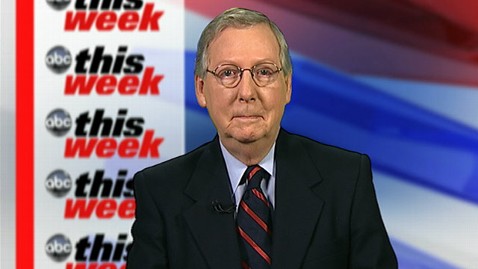The youth was handed the death sentence by a trial court after it was proved that he brutally raped and murdered his victim, chopped her body and threw the parts in two public toilets. However, the high court in November last year declared him a juvenile and set aside his conviction.
His case was sent to the Juvenile Justice Board, which is empowered to sentence him to a maximum detention of three years.
Now, additional public prosecutor Richa Kapoor has urged the authorities to move the apex court to settle questions of law which have since also been raised in the Nirbhaya gang-rape case.
She said the SC should be requested to consider if courts are competent to weigh the conduct of the accused and brutality of their crime, and not just go by medical evidence "which is not conclusive and varies according to region, diet, race etc and hence isn't conclusive proof".
Kapoor said if the offence indicates "evil and well-planned design" displaying the "matured skill" of a criminal, then the "so-called child as per medical age" should not be held to be a juvenile. She questioned why an accused who raped and killed a minor should be protected as a juvenile.
After the trial court verdict, the convict had filed an application claiming to be a juvenile. HC then directed an inquiry to be conducted by the trial court to ascertain his age at the time of the crime. While the bone ossification test put the youth's age between 17 and 20 years, HC took further pains and made inquiries from his family.
Since the youth never went to school, the court relied on recollection of his three elder sisters to zero in on the approximate year he was born. The court took into account the statements of his two sisters who said their brother was less than two years old when they got married (in the same year). HC, in its order of November 19 last year, decided to extend the benefit of doubt to the youth favouring the age hinted at by his sisters and the medical report.
In her recommendation, Kapoor asked whether "medical evidence and other attending circumstances would be of any value and assistance while determining the age of a juvenile, if municipal birth certificate/academic records/ certificates are not there or don't conclusively prove the age of the accused?"
"Looking at the facts of the case in hand, the accused certainly doesn't seem to be an innocent minor law breaker. To conclusively hold in view of medical age that the accused had not attained the age of discretion so as to understand the consequences of his heinous act is not free from ambiguity or doubt," the prosecutor said. The crime dates back to August 14, 2007. The trial court had awarded the maximum penalty to the accused.










